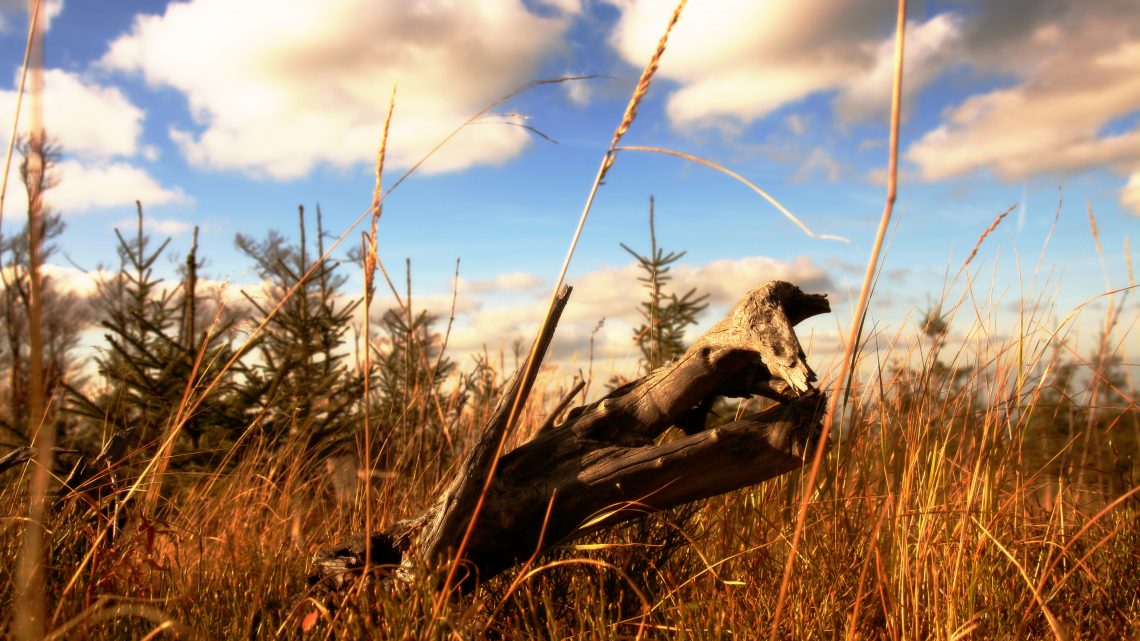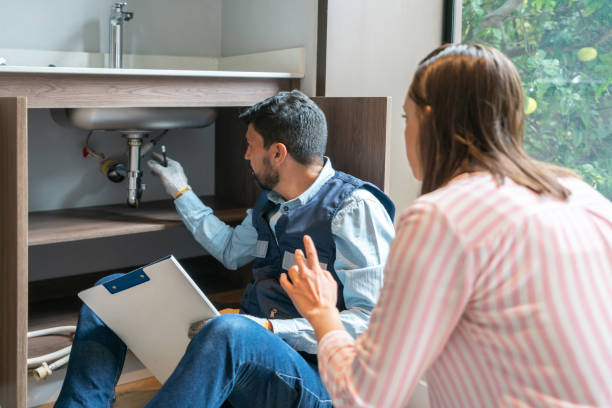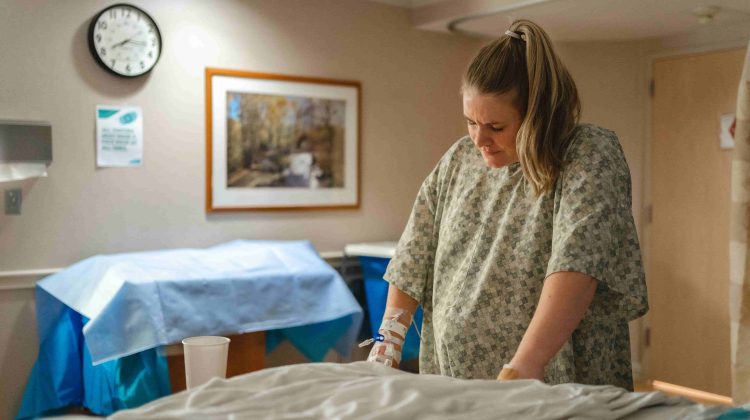A heat wave is a period of unusually hot weather that lasts for two days or more and is outside the historical averages for that area. Extreme heat can be dangerous for everyone, especially older adults, children, people who work outside for long hours during the day, and the homeless. Several parts of the country are being affected by a heat wave, especially California, where temperatures have hit historic records and wildfires are affecting the state. It’s important to learn how to take care of your health, prepare your home for a heat wave and have an emergency plan in place if you live in an area affected by wildfires.
Protect Yourself While Outside
Staying inside during a heat wave is the safest place to be and to prevent a heat-related illness, this is especially true for children and people over 65 who have a higher risk of suffering a heat stroke. If you are going outside make sure you wear light-colored and lightweight clothing, always carry water with you and drink plenty of it, try to exercise early in the morning or before sunset when temperatures are lower, and take a cool shower or bath after coming home.
Signs of a Heat-Related Illness
It’s important to know the signs of a heat-related illness so you can take immediate action and prevent serious organ damage or even death. Heat exhaustion symptoms include headache, lightheadedness or fainting, muscle spasms or heat cramps, clammy and pale skin, nausea, weak pulse, and heavy sweating. Heat exhaustion can quickly develop into a heat stroke which can result in organ failure or death if not treated immediately. Symptoms of a heat stroke include body temperature over 104⁰F, confusion, slurred speech, hot, dry and red skin, vomiting, and rapid pulse. If you or a loved one shows signs of a heat stroke call 911 immediately to receive medical attention.
Keeping Your Home Cool
Just as you should take care of your health during a heatwave, your home can also be prepped to make the heat wave less uncomfortable. Make sure you keep blinds and other window coverings closed during the day. Check that your air-conditioning unit is working properly, hire an HVAC professional to perform a yearly inspection or do it yourself. Turn on fans while you’re in a room and turn them off when you leave. Make sure you have plenty of water at home and keep water bottles in the fridge that you can take with you when you leave the house.
Preparing in Case of a Wildfire
If you live in an area vulnerable to wildfires, heat waves can further dry vegetation and leave a landscape primed for burning in case of a wildfire. Make sure you have an emergency plan in place in case you are instructed to evacuate your home. Check that the fire alarms, sprinklers, smoke detectors, and other fire alarm systems in your home are working properly. If you live in an apartment building, check where your nearest fire exit is and make sure that the doors can be opened freely and there’s nothing blocking the exits. If the emergency exits can’t be opened or the fire emergency equipment is not working, let management know. The property owners and management are responsible for providing a safe living space for tenants, if they fail to act reasonably, their negligence could cause serious injuries or even death in case of a fire.
As the climate around the world continues to change, heat waves will be more frequent and extreme in some parts of the country. Everyone, especially people living in hot, dry regions should know how to take care of their health and safety during intense hot seasons.





No Comment